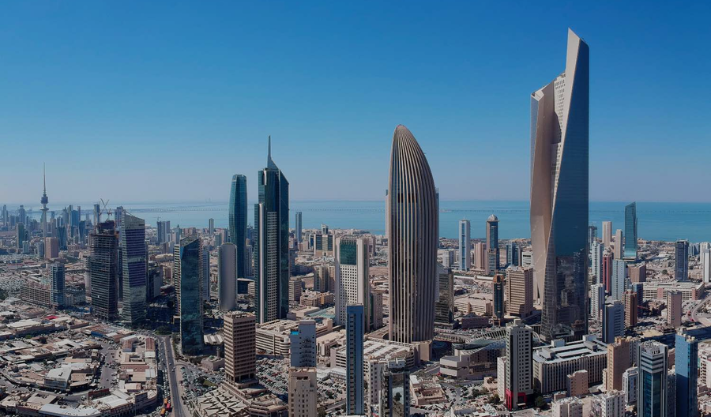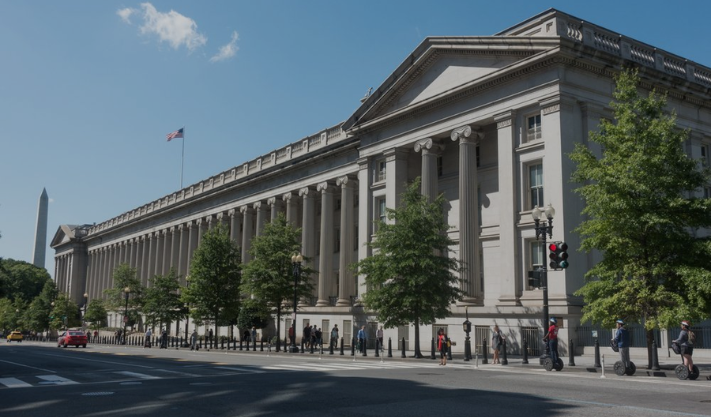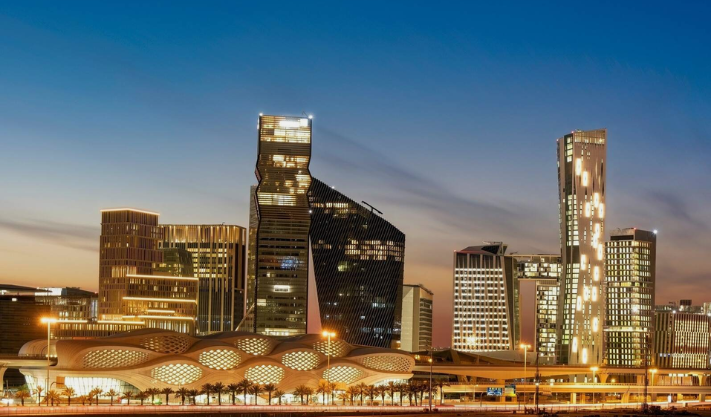The World Bank estimates that conflict in Lebanon has caused $8.5 billion in economic losses and physical damage
The conflict in Lebanon has caused an estimated $8.5 billion in economic losses and physical damage, according to an early report from the World Bank shared on Thursday.
Lebanon’s Economic Struggles
The Lebanon Interim Damage and Loss Assessment (DaLA) estimates that damage to buildings and infrastructure is about $3.4 billion, with economic losses reaching $5.1 billion.
Lebanon’s economy is also shrinking. The country’s real GDP is expected to drop by 6.6% in 2024, partly due to the ongoing conflict between Israel and Hezbollah. Over the past five years, Lebanon’s economy has already contracted by more than 34%, according to the World Bank.
The United Nations warns the situation could worsen. If the conflict continues until the end of 2024, Lebanon’s GDP might shrink by 9.2% this year. This could reduce government revenues by 3.2% in 2025 and 3.1% in 2026, making it even harder to provide essential public services.
Years of political, economic, and social crises have left Lebanon vulnerable. The intensified conflict, along with Israeli airstrikes, has caused thousands of casualties, destroyed homes, and severely disrupted economic activities.
Key sectors like trade and agriculture are hit hard. Losses in the commerce sector are around $2 billion, partly because many workers and business owners have been displaced. In agriculture, damages and losses from destroyed crops, livestock, and displaced farmers amount to about $1.2 billion, according to the World Bank.
Big Numbers
The World Bank report shows that Lebanon has over 875,000 people displaced within the country. Those most at risk include women, children, the elderly, people with disabilities, and refugees. Around 166,000 people have lost their jobs, resulting in $168 million in lost income.
The housing sector suffered the most, with nearly 100,000 homes damaged or destroyed, causing $3.2 billion in losses.
Global Financial Aid
Last month, a Paris conference raised about $800 million in aid for Lebanon. The money will help displaced people by providing healthcare, food, water, hygiene supplies, and education. Most of the aid came from France, Germany, and the UK.
Damage Assessment Approach
The World Bank used remote data and analysis to measure physical damage and economic losses in seven key sectors. The study focused on six governorates most affected by conflict, but economic losses were assessed nationwide whenever possible.
Data collection was completed by October 27 for four sectors: commerce, health, housing, and tourism/hospitality. For the other three sectors—agriculture, education, and environment—data collection was completed by September 27.
The World Bank also announced it is launching emergency response plans to address the crisis in Lebanon by redirecting existing resources to meet urgent needs.
Published: 15th November 2024
For more article like this please follow our social media Twitter, Linkedin & Instagram
Also Read:
Saudi inflation rises to 1.9% in October, driven by housing
Lulu Retail shares dip on debut after $1.7B IPO raise
Mobily buys $663M spectrum license to boost 5G in Saudi Arabi





